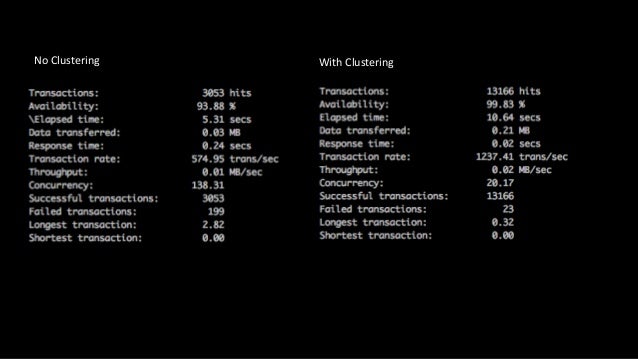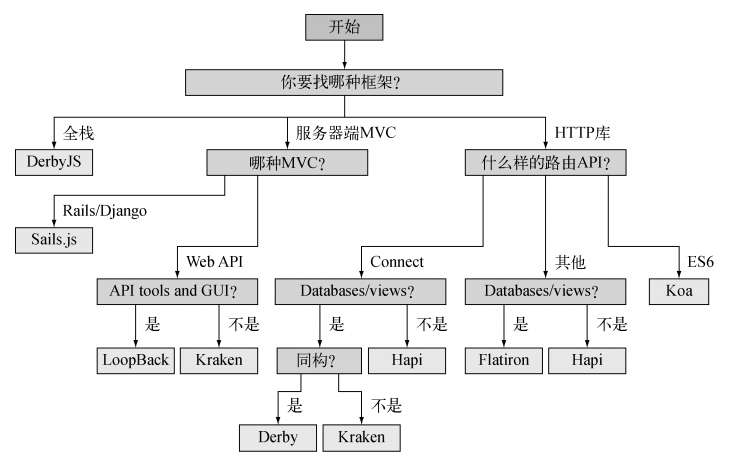
Without yield and generator, to sort out multiple async query requires nested callback with parameters as context which does not easy to read and maintain.īelow is a chained async queries example which running with nodejs: const axios = require('axios') Lose of context unless passing them as parameters in the callback. Then the second async query can check the local variable value to decide next steps because the local variable is an injected value from first query’s response. The second async query can only be triggered by the first's async query's response. Browse other questions tagged javascript node.js yield or ask your own question. Yield can’t be called from nested functions or from callbacks.
#NODEJS YIELD GENERATOR#
A generator function is just like a normal function but the difference is that whenever the function is returning any value, it does it with the help of ‘yield’ keyword instead of return it. The result of first async query will be passed to the second one by setting local variable (resultValue in above example). yield keyword is used to resume or pause a generator function asynchronously. So, with this feature, the generator can sort out multiple async operations. The injected values by this execution's trigger. The context that saved in the last execution. Thus, for this execution, there are two kind of state: for example, it.next('valueToPass'), like this: "resultValue = yield slowQuery(1) " Just like when waking up a next execution, caller can inject some running result to the execution (injecting it to local variable). If you omit the expression, the yield returns undefined. This value can be passed by the 'next()' caller when 'waking up' the generator. The expression specifies the value to return from a generator function via the iteration protocol. The caller can use this result object to decide whether to 'wake up' the generator again by calling next() (calling next() is to iterate the execution).Īnother important thing is that it can set a value to a local variable. Dynamic Yield is on the lookout for a Senior Backend Developer with a keen understanding of the inner workings of web applications and a passion for taming. Take this simple generator function: function* process(). In both cases, the expression will be returned to the callers' execution. And what about yield The yield, in difference to a return, will pause the function by saving all its states and will later continue from that point on successive calls.


, request = Promise.promisifyAll(require('request'))
#NODEJS YIELD CODE#
Here are my code and the error: var koa = require('koa') I'm learning NodeJs/Javascript and wanted to create a for/while loop that includes. Via global variables (like in web browsers) At the moment, only one API has direct support for web streams in Node.js the Fetch API: const response await fetch (' const readableStream response. NodeJs - Yield FindOne inside Express framework.

I'm using Bluebird's promisifyAll method to. The yield keyword expects a thenable (promise, thunk, generator). It uses ES6 generator functions, which I find much more pleasant than callbacks (they're just like C's async-await). I'm trying to build a simple REST API with Koa.js. I'm using Bluebird's promisifyAll method to promisify callback libraries (request in my case), but I still keep getting error. In Node.js, web streams are available from two sources: From module 'node:stream/web'. Node.js: promisifying callback library for 'yield' keyword.

The value of yield expression itself is the value returned by that iterator when it's closed (i.e., when done is true). The yield keyword expects a thenable (promise, thunk, generator). The yield expression iterates over the operand and yields each value returned by it. It uses ES6 generator functions, which I find much more pleasant than callbacks (they're just like C#'s async-await).


 0 kommentar(er)
0 kommentar(er)
